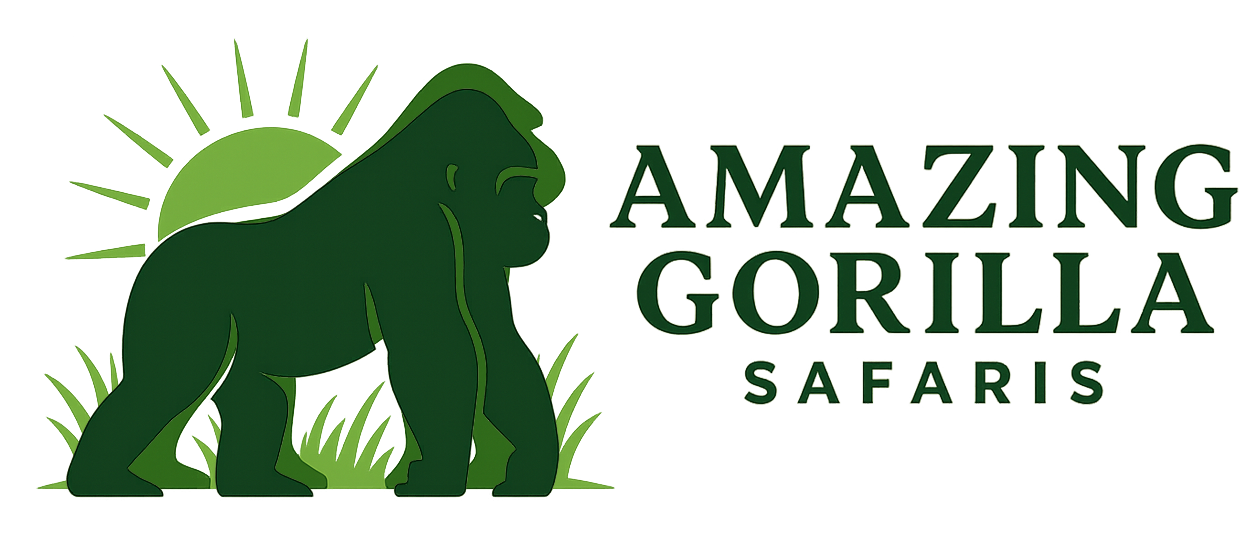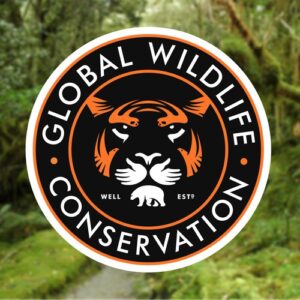Kenya Safety Travel Information 2021 – Visiting Kenya Amidst COVID-19
Kenya, one of Africa’s top safari destinations, reopened its borders to international travelers in mid-2020 following the global pandemic. By 2021, the country had adapted to new health and safety protocols to ensure that travel could resume safely and responsibly. Whether you were planning a wildlife safari in the Masai Mara, relaxing on the beaches of Diani, or exploring Nairobi’s vibrant culture, Kenya remained a welcoming destination for travelers — with comprehensive COVID-19 safety measures in place.
Here’s a detailed look at Kenya’s safety travel information in 2021 amidst COVID-19, including entry requirements, health protocols, and on-ground experiences.
Entry Requirements for Travelers to Kenya (2021)
In 2021, all travelers entering Kenya were required to comply with health and safety measures set by the Kenya Ministry of Health and the Kenya Civil Aviation Authority.
1. Negative PCR COVID-19 Test
All passengers arriving in Kenya were required to present a negative PCR test certificate for COVID-19 conducted within 96 hours before travel. This applied to all travelers regardless of vaccination status.
The results were verified through the Trusted Travel (TT) system, and travelers had to generate a TT code before boarding their flight.
2. Health Surveillance Form
Before arrival, visitors had to fill out an online Travelers Health Surveillance Form, providing details of their health, travel history, and contact information. A QR code was then issued and required for health screening upon arrival.
3. Temperature Screening and Health Checks
On arrival at Jomo Kenyatta International Airport (Nairobi) or Moi International Airport (Mombasa), all passengers underwent temperature screening and basic health checks conducted by the port health officials.
4. Quarantine Policy
By 2021, Kenya had lifted its mandatory quarantine for most travelers unless they showed COVID-19 symptoms or tested positive on arrival. Travelers from certain high-risk countries could be subject to additional screening.
5. Vaccination and Testing on Departure
Though vaccination was not initially mandatory for entry, travelers were encouraged to be vaccinated. Some airlines and destinations required a negative PCR test before departing Kenya, which could be done at approved hospitals and testing centers in major cities.
Health and Safety Measures During Safaris
Kenya’s tourism sector, led by the Ministry of Tourism and the Kenya Tourism Board, implemented strict “Magical Kenya Health and Safety Protocols for Tourism and Hospitality.” These were recognized by the World Travel and Tourism Council (WTTC) and awarded the Safe Travels Stamp in 2020, continuing through 2021.
Here’s what travelers could expect on the ground:
-
Temperature checks and hand sanitization stations at park gates, lodges, and airports.
-
Social distancing on safari vehicles and in lodges (maximum four to six guests per vehicle for shared tours).
-
Face masks required in public spaces and vehicles.
-
Regular disinfection of safari vehicles, rooms, and public areas.
-
Contactless check-in and payments at many lodges and camps.
-
Staff vaccination programs rolled out across major safari companies and hotels.
These measures ensured travelers could enjoy Kenya’s wildlife and landscapes safely without compromising the experience.
Movement Within Kenya
Kenya maintained a flexible yet cautious approach to internal travel during 2021. National parks, beaches, and hotels operated under controlled health measures. Domestic air travel and inter-county movement were open, though some curfew hours and restrictions were in place during peak infection waves.
Most parks and reserves — including Masai Mara, Amboseli, Tsavo, Lake Nakuru, and Samburu — remained open to visitors, with fewer crowds and enhanced health protocols. This actually made 2021 one of the most peaceful years to enjoy safaris, as visitors had more intimate and exclusive encounters with wildlife.
Accommodation and Dining Safety
Hotels, lodges, and camps across Kenya adopted enhanced hygiene protocols, including:
-
Frequent cleaning and sanitizing of rooms and shared spaces.
-
Digital menus and contactless dining experiences.
-
Staff training in COVID-19 safety and guest interaction.
-
Isolated areas for guests showing symptoms, with immediate access to medical assistance.
Beach resorts at Diani, Watamu, and Malindi introduced open-air dining and private beach experiences to maintain distancing while offering comfort and relaxation.
Medical Facilities and Emergency Services
Kenya had a well-established medical response system by 2021, with designated hospitals and isolation centers in Nairobi, Mombasa, and major towns. Private hospitals such as Aga Khan, Nairobi Hospital, and Karen Hospital provided COVID-19 testing, treatment, and evacuation services for tourists when needed.
Travelers were required to have valid travel insurance that included COVID-19 coverage — for medical expenses, quarantine, or trip interruptions.
General Safety in Kenya Beyond COVID
In addition to health precautions, Kenya remained one of East Africa’s most stable and tourist-friendly countries. Popular safari circuits were safe and well-regulated, with extensive security in parks and around tourist areas. Travelers were advised to:
-
Avoid walking alone at night in urban areas.
-
Use licensed taxis or transfers arranged by tour operators.
-
Keep valuables secure and avoid displaying large sums of money in public.
-
Follow local regulations and curfews where applicable.
Traveler Experience in 2021
Despite the global uncertainty, many travelers who visited Kenya in 2021 described it as a refreshingly safe and rewarding experience. The reduced tourist numbers allowed for more personalized safaris, direct interactions with guides, and an even deeper connection with nature. Lodges and national parks offered flexible cancellation policies, making travel planning easier and more secure.
Kenya’s commitment to maintaining strict hygiene standards and smooth visitor management reassured tourists, earning the country recognition as one of Africa’s safest post-pandemic destinations.
Final Thoughts
Kenya’s resilience and well-organized COVID-19 protocols made it one of the safest countries to visit in Africa during 2021. With world-class safari parks, warm hospitality, and a strong focus on safety, travelers continued to explore its wonders with confidence.
By following the established health guidelines — testing, hygiene, and responsible travel — visitors could fully immerse themselves in Kenya’s wildlife, culture, and scenic beauty while feeling secure.
Even amidst the challenges of COVID-19, Kenya remained the beating heart of East Africa’s safari adventures — a destination where safety and nature coexist harmoniously.





